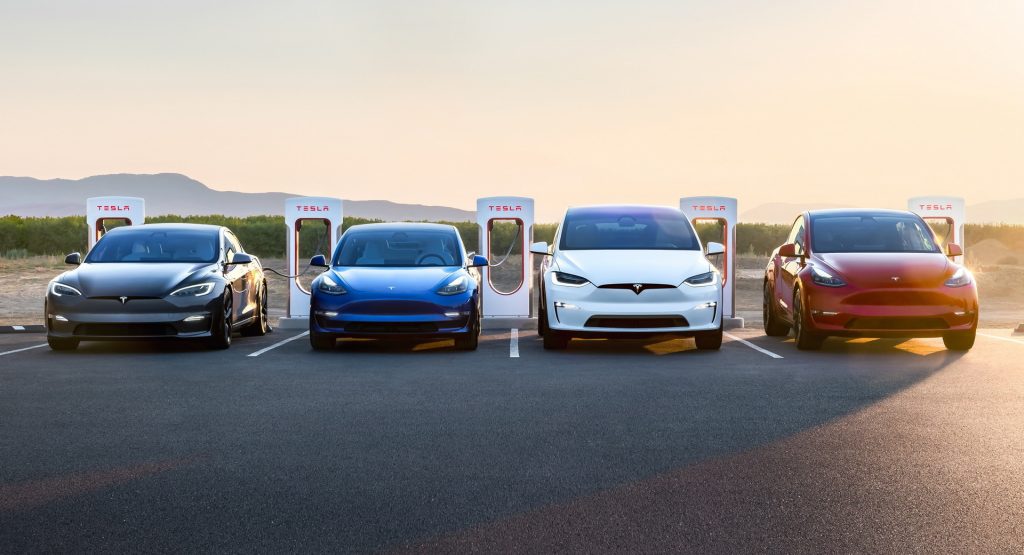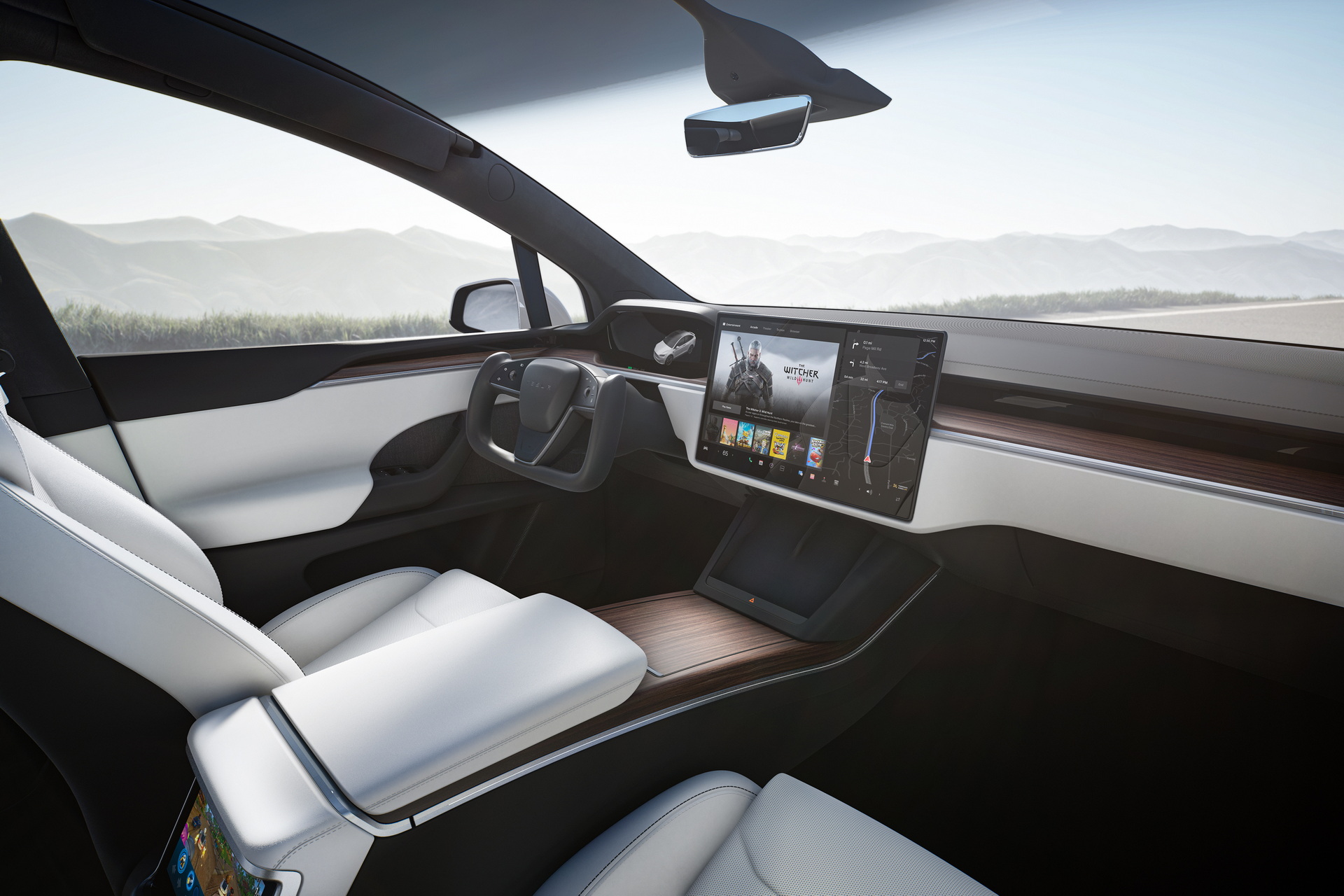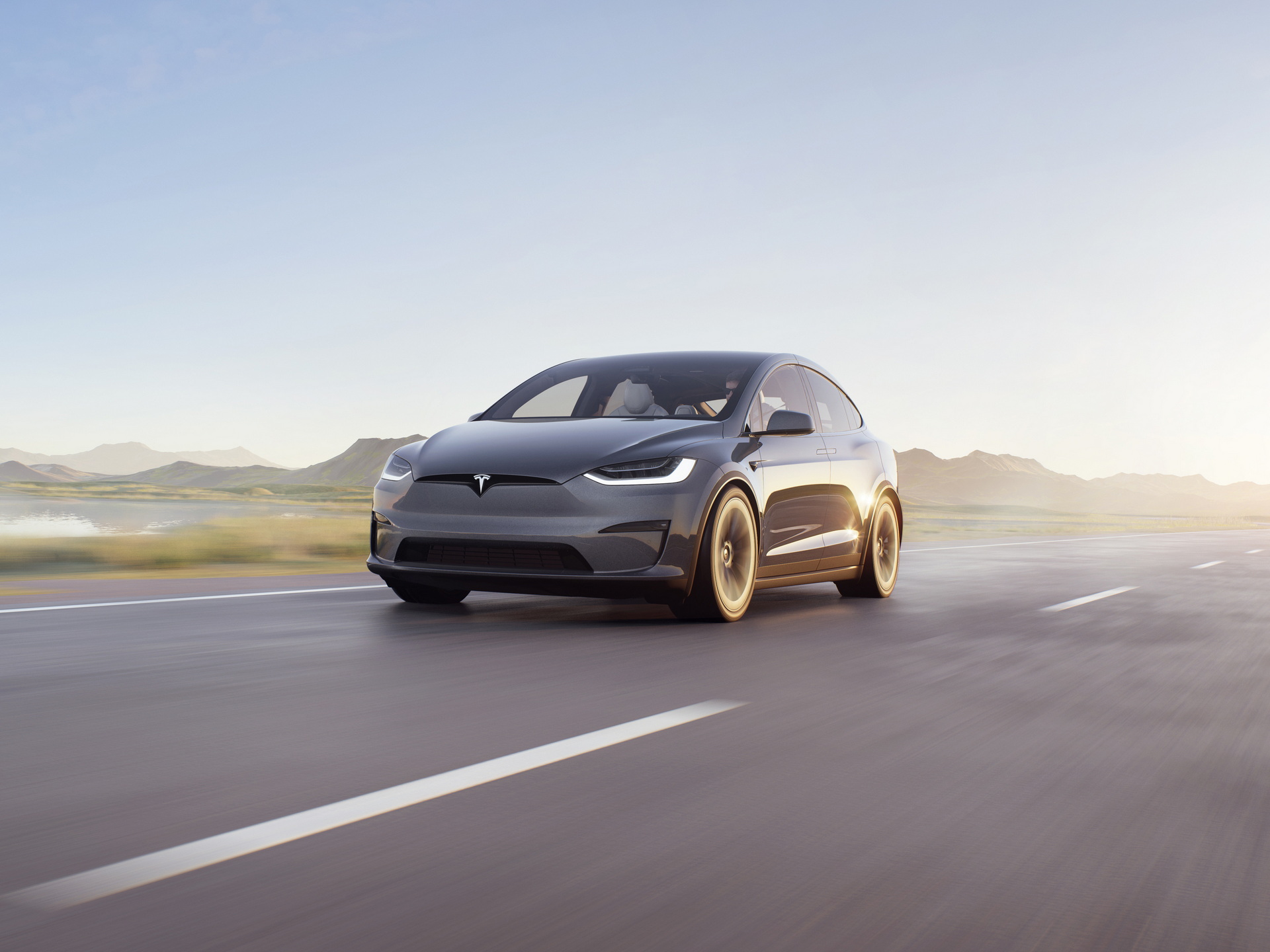Tesla has started a recall of 53,822 in the U.S. because of a feature contained within its FSD Beta program. The so-called “rolling stop” allows vehicles to drive themselves through intersections with all-way stops without fully coming to a standstill.
“Rolling Stop” was introduced in 2020 as part of an over-the-air firmware update but the function is not turned on by default. The driver must choose to turn it on and there are several conditions that must be met before it activates.
Per NHTSA documents, the function must be turned on, the vehicle must be going less than 5.6 mph (9 km/h), no relevant vehicles, pedestrians, or cyclists may be detected near the intersection, there must be sufficient visibility, and all roads intersecting must have speed limits of 30 mph or less.
Read Also: Tesla Performs Over-The-Air Recall On Nearly 12,000 Vehicles
So, basically, it allows FSD to drive the way many drivers do, treating all-way stops in low traffic areas more like yield signs. That’s all well and good, but decisions made by individuals in private are different than official policies written in code, especially when the feature technically breaks laws.
Per NHTSA documentation, it met with Tesla twice in January 2022 to discuss the functionality and its operating parameters. On January 20, the automaker agreed to voluntarily disable the functionality, beginning with firmware release 2021.44.30.15.
Fortunately, there are no reported injuries or accidents that relate to this recall. Reuters reports that the mode has drawn attention on social media, prompting NHTSA to look into the feature.
The vehicles affected by the recall are the 2017-2022 Model 3, the 2016-2022 Model S, the 2016-2022 Model X, and the 2020-2022 Tesla Model Y. Deployment of the new firmware is expected to start in early 2022 and will happen over the air.
Tesla is also being investigated by regulators for allowing the driver of its vehicles to play games on the infotainment screen while it is in motion. Again, the problem could be solved with an over-the-air update but Tesla’s habit of testing out illegal features on public roads and only changing them once they’re caught (at very little cost) seems like a dubious business practice at best.






